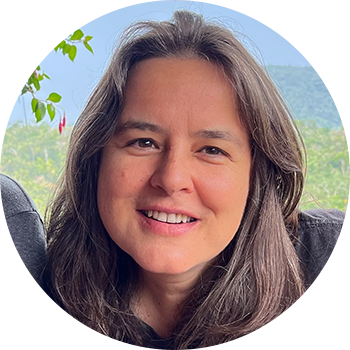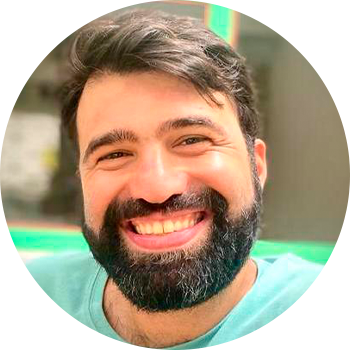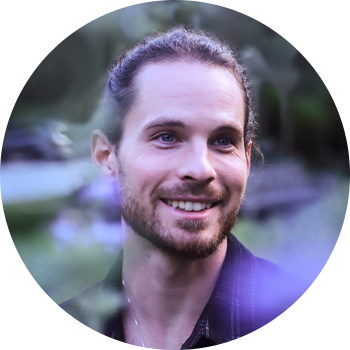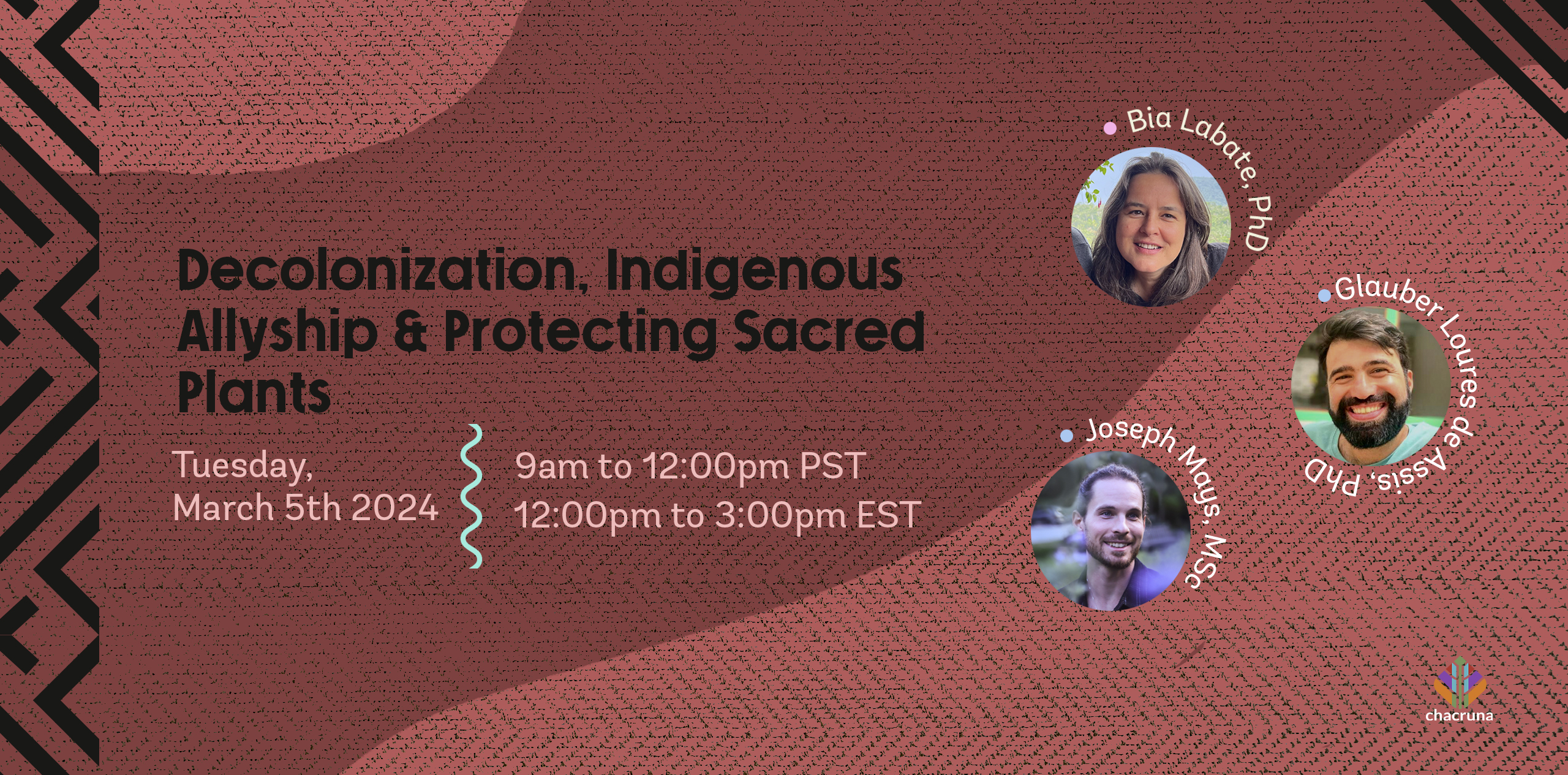- Meet Chacruna at Psychedelic Science 2025 - May 27, 2025
- Psychedelics and Attachment: Fundamentals, Implications, and New Frontiers - May 16, 2025
- Development Outreach Internship (OPEN) - May 6, 2025
Tuesday, March 5th, 2024 from 9:00-12:00pm PST
Price: $150
Cost: $80 for CE credits
This workshop will challenge participants to take Indigenous claims on plant medicines seriously, to learn about traditional cultures and practices, and to engage in collaborative, horizontal and non-transactional relationships. With a combined 35 years of experience drinking and studying ayahuasca and other plant medicines, and 20 years of fieldwork in Mexico and South America, workshop facilitators will address the inherent inequities and power imbalances in the so-called “psychedelic renaissance”. A grounded analysis of Indigenous peoples and plants’ status in the psychedelic ecosystem will provide a framework for reconciling the increased demand for sacred plants and ceremony with the romanticization and fetishization of the cultures who have been using these plants since time immemorial. We will discuss the exploitative dynamics of partnerships between the Global North and the Global South, with the goal of outlining a more meaningful and impactful approach to respectfully engaging with plant medicines and working towards a process of reciprocity. Chacruna’s Indigenous Reciprocity Initiative of the Americas (IRI) will serve as a reflection of all these considerations; our contribution to trying to support Indigenous-led movements for self-determination and sovereignty that demonstrates a grassroots, ground-up approach. Attendees will engage in a modest and mindful, co-creative exercise to re-think and explore the true possibilities of decolonization and cultural exchange in the psychedelic space, integrating the political concerns emphasized by Indigenous activists and honoring their struggles for territorial and cultural autonomy.
Recommended Readings

Dr. Beatriz Caiuby Labate (Bia Labate) is a queer Brazilian anthropologist based in San Francisco. She has a Ph.D. in social anthropology from the University of Campinas (UNICAMP), Brazil. Her main areas of interest are the study of plant medicines, drug policy, shamanism, ritual, religion, and social justice. She is Executive Director of the Chacruna Institute for Psychedelic Plant Medicines and serves as Public Education and Culture Specialist at the Multidisciplinary Association for Psychedelic Studies (MAPS). She is also Visiting Scholar at the Graduate Theological Union in Berkeley. Additionally, she is Advisor for the Veteran Mental Health Leadership Coalition and the Soltara Healing Center. Dr. Labate is a co-founder of the Interdisciplinary Group for Psychoactive Studies (NEIP) in Brazil and editor of its site. She is author, co-author, and co-editor of twenty-eight books, three special-edition journals, and several peer-reviewed articles (https://bialabate.net).

Dr. Glauber Loures de Assis is Associate Director of Chacruna Latinoamérica in Brazil. He has a Ph.D in sociology from the Federal University of Minas Gerais (UFMG) and is Research Associate at the Interdisciplinary Group for Psychoactive Studies (NEIP) in Brazil. His main interests include the ayahuasca religions, new religious movements, the internationalization of the Brazilian religions, drug use in contemporary society, and psychedelic parenthood. He is the author of numerous articles and book chapters, and the co-editor of the book Women and Psychedelics: Uncovering Invisible Voices (Synergetic Press/Chacruna Institute, in press). Glauber is also an ayahuasca practitioner with 15 years of experience. He has built this practice in dialogue with his local Brazilian ayahuasca community and with the blessings of Indigenous elders and activists in Brazil. He is also the leader of Jornadas de Kura, a plant medicine center in Brazil that promotes a bridge between the ceremonial use of sacred plants and psychedelic science. He is father to 3 children and lives with his wife Jacqueline Rodrigues in Santa Luzia, Minas Gerais, Brazil.

Joseph Mays received his MSc in Ethnobotany from the University of Kent researching responses to globalization by the Yanesha of central Peru. Graduating with biology and anthropology degrees from Virginia Commonwealth University, he published a medicinal plant guide for the Jama-Coaque Ecological Reserve in the Ecuadorian cloud forest. Joseph also holds a certificate in Psychedelic Assisted Therapies from Naropa University, and his conservation work explores how cultural-conditioning influences approaches to biocultural sustainability. His Indigenous rights advocacy stresses the importance of ground-up structures that emphasize local agency and challenge conventional philanthropic models in attempts to support Indigenous autonomy and biodiversity. Joseph is Program Director of Chacruna’s Indigenous Reciprocity Initiative (IRI), where he partners with Indigenous community organizations throughout the Americas to support Chacruna’s mission of increasing cultural reciprocity in the psychedelic space, raising unconditional funding and engaging with Indigenous and local stakeholders on their own terms.
Refund Policy – click here
Take a minute to browse our stock:
Did you enjoy reading this article?
Please support Chacruna's work by donating to us. We are an independent organization and we offer free education and advocacy for psychedelic plant medicines. We are a team of dedicated volunteers!
Can you help Chacruna advance cultural understanding around these substances?









